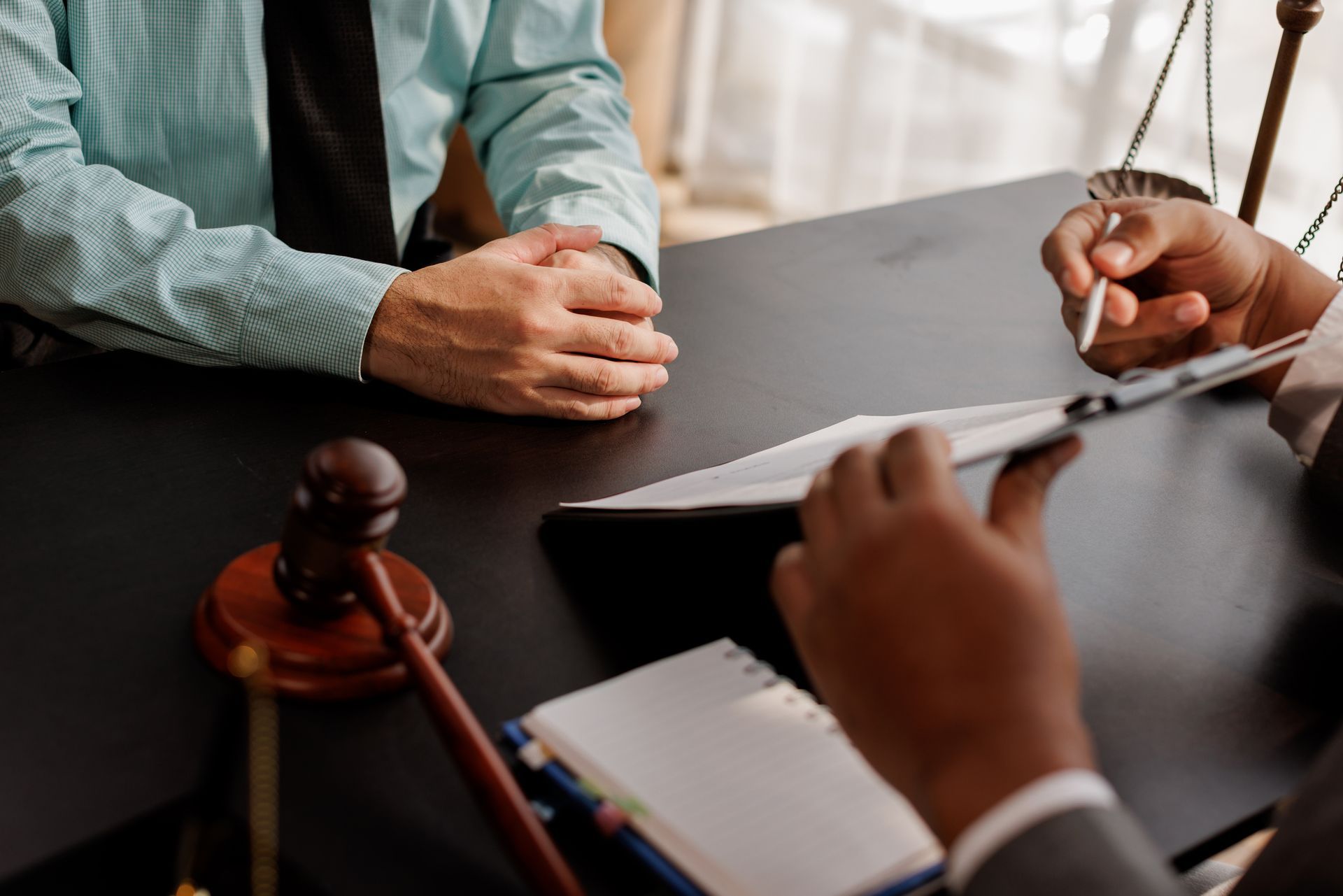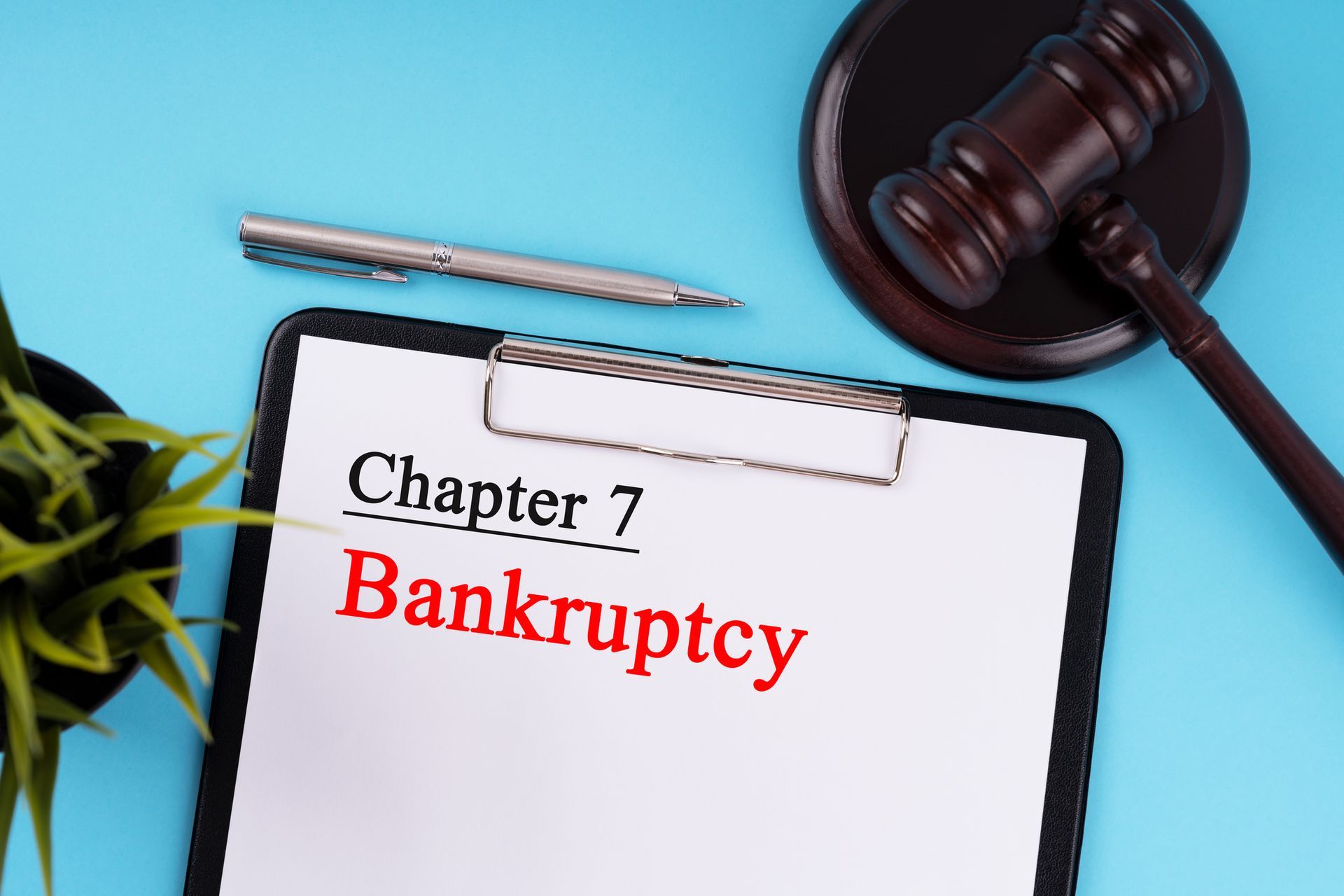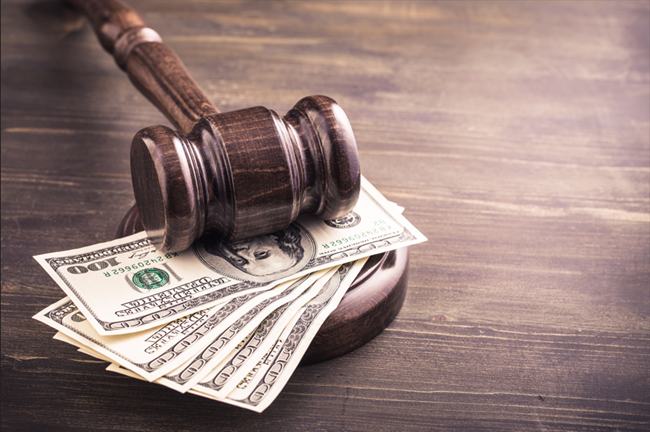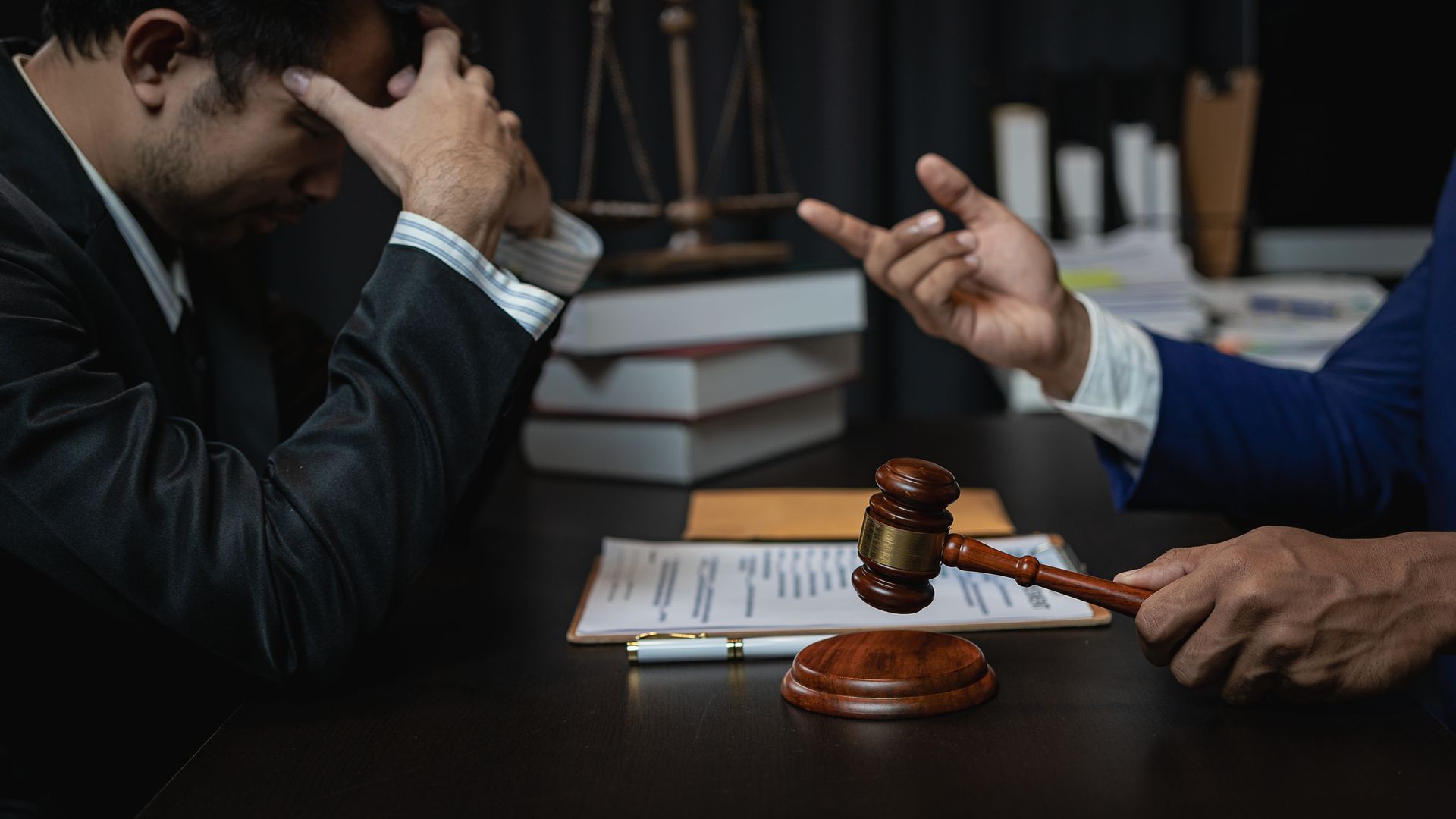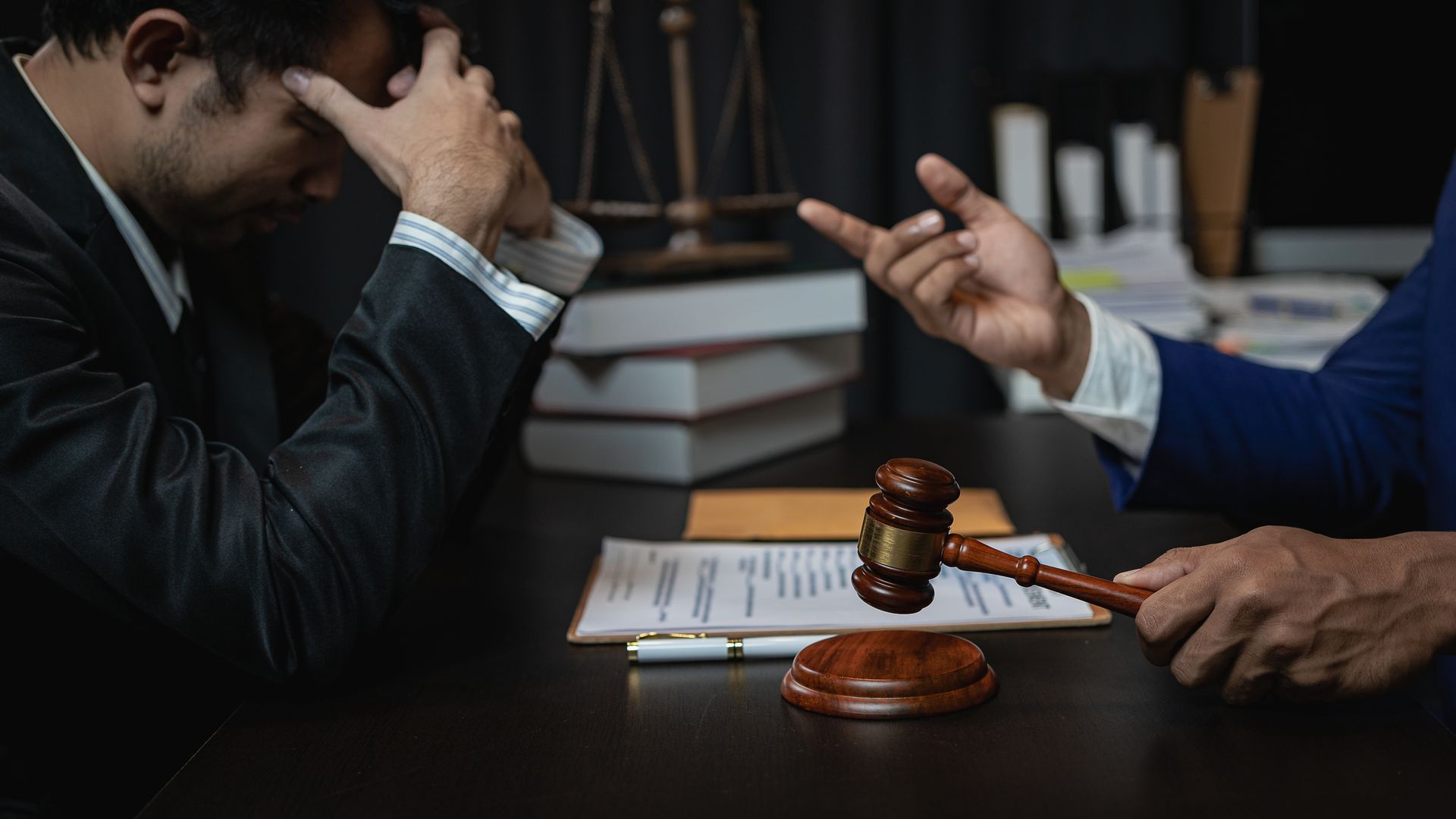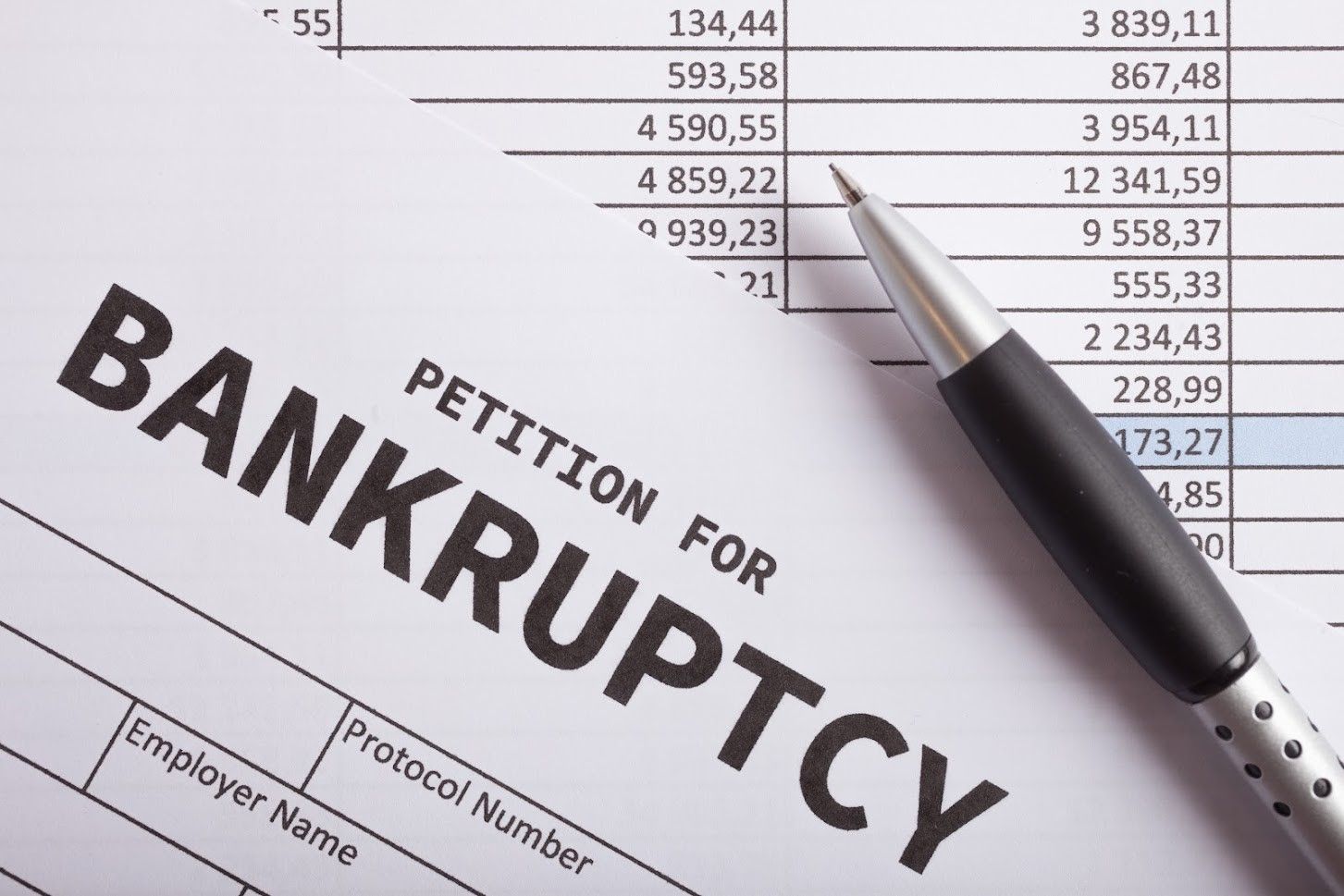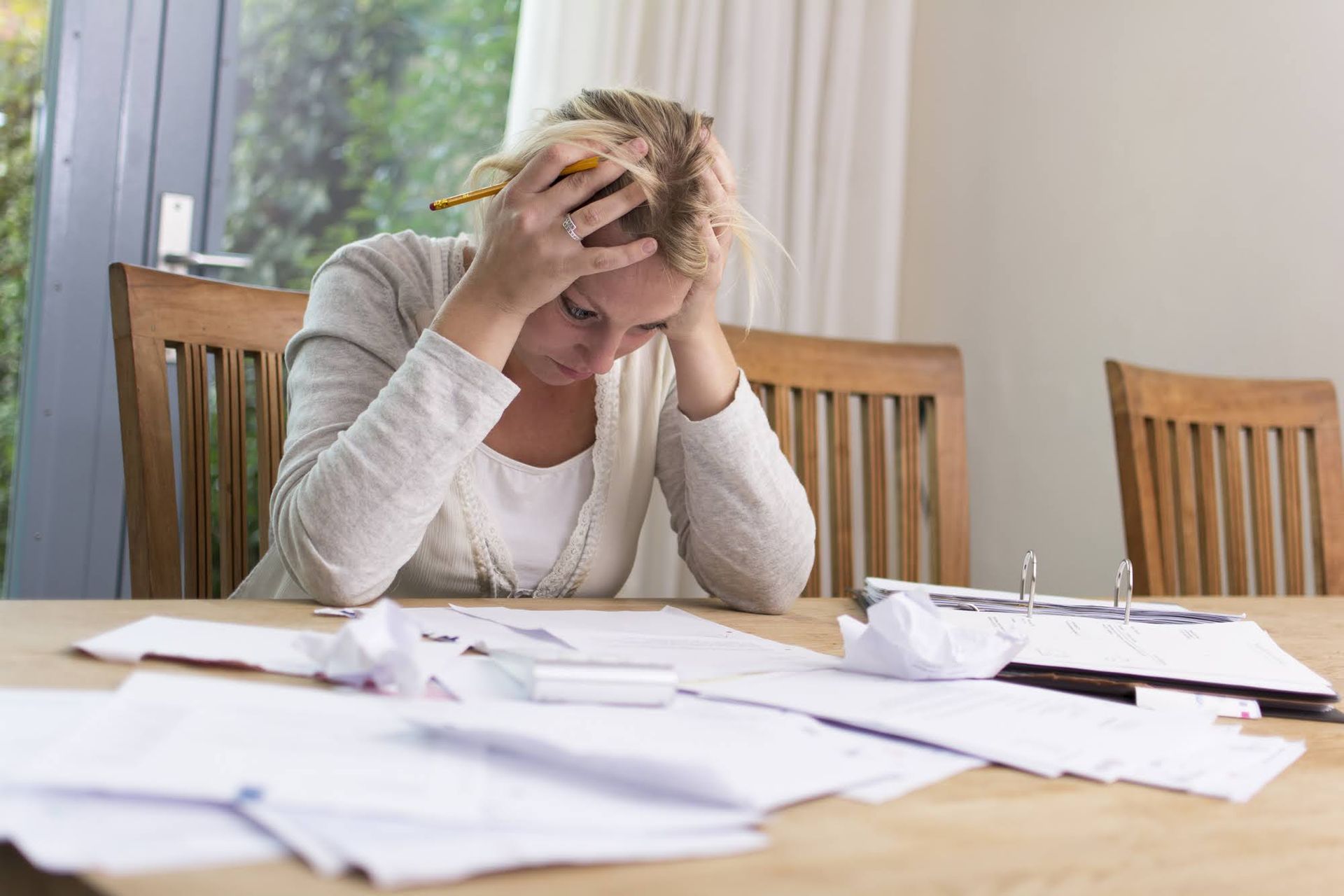How to Best Time Bankruptcy and Your Divorce
Bankruptcy and divorce are two of the most stressful events many people face in life. What happens when they appear to be occurring at the same time? Should you file for bankruptcy at the same time as your divorce? Before it starts? After it's complete?
To help you make the best choice in this difficult time, here are a few questions to help you decide on the right timeline.
Is Your Problem Debt Joint?
Marital debts and assets get intermingled during the course of a relationship, so this can complicate bankruptcy filings. If you or your spouse's debt is largely individual debt - taken out in one person's name or brought into the marriage - the other party may not get much debt relief. And joint assets of a still married couple could become an issue in the spouse's debt repayment plan.
If the debt is jointly owed, ridding yourselves of it before a divorce can make the divorce easier and less emotionally fraught. The bankruptcy proceedings will likely address debts and asset division, settling these matters before they become a problem during the divorce. It may even save time and money when you pay for divorce attorneys.
What is the Emotional Cost?
The decision about how to time your bankruptcy and divorce is not solely a matter of finances and logic. You may have good personal reasons to choose a particular timing.
If you and your spouse are being harassed by debt collectors or your housing is threatened, for instance, you may need to accelerate debt relief right now - regardless of whether it's a good time or not. And since divorce can be a very trying time, getting a bankruptcy case out of the way and finding freedom from crushing debt might be the emotional boost you need.
On the other hand, those in an unhappy situation may find that dealing with an abusive or emotionally charged spouse during debt proceedings is more trouble than it's worth. If the bankruptcy process will take time - especially with Chapter 13 bankruptcy - you may want to wait and handle it as a single person.
What is Your Post-Divorce Income?
One of the biggest factors when it comes to deciding between filing as a couple or as single individuals is how your income calculations will be affected. Bankruptcy repayment plans and asset liquidation is based on what you have that's worth value and what you earn at the time you file.
A married couple with two incomes and significant assets might look like they can pay a large amount to creditors during bankruptcy. They may not even qualify for certain provisions in the bankruptcy code. However, those same two people with one income each and divided assets could be subject to lower payments or receive more forgiveness.
What is Your Budget?
Bankruptcy proceedings are not free, so you should also consider your budget for the process. If you file as a couple, you will likely only have to pay one set of costs for the filings, documentation, and legal representation. If you're on a tight budget - which many people facing bankruptcy are - you could save significant amounts of money filing together.
Which of these questions is the most urgent in your circumstances? There is no right or wrong answer as to how to time a bankruptcy and a divorce. Only you can decide.
But, whatever you choose, your best source of advice is an experienced bankruptcy attorney. At Charles J Schneider PC, our legal professionals can help you find the right times to manage both a divorce and a bankruptcy filing. Call today to make an appointment.

